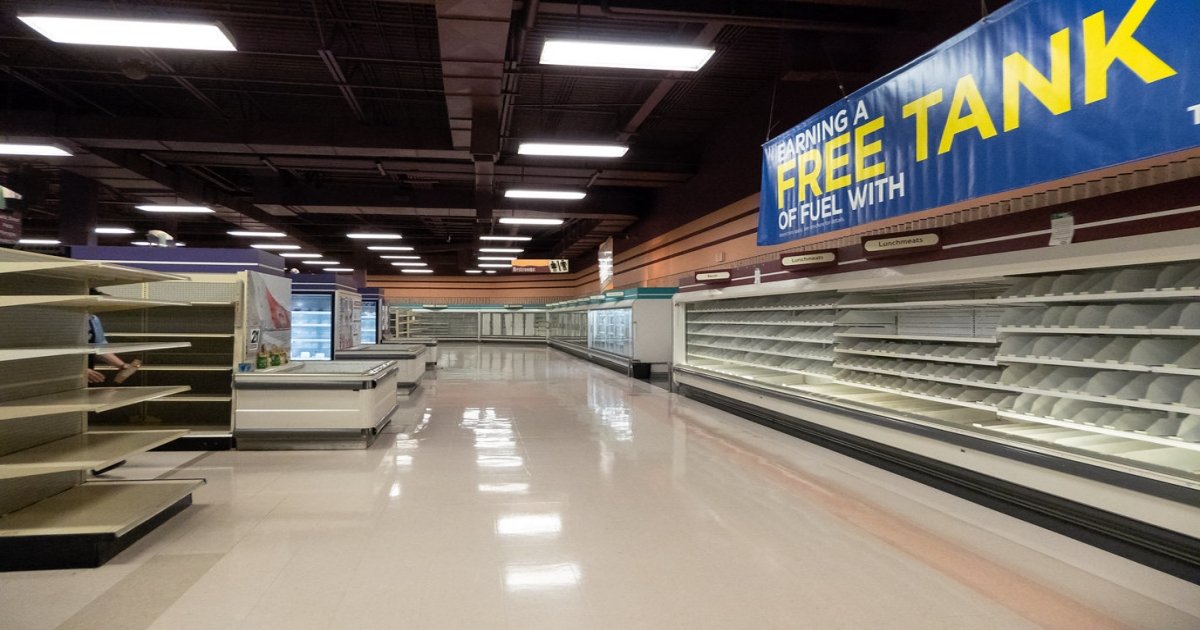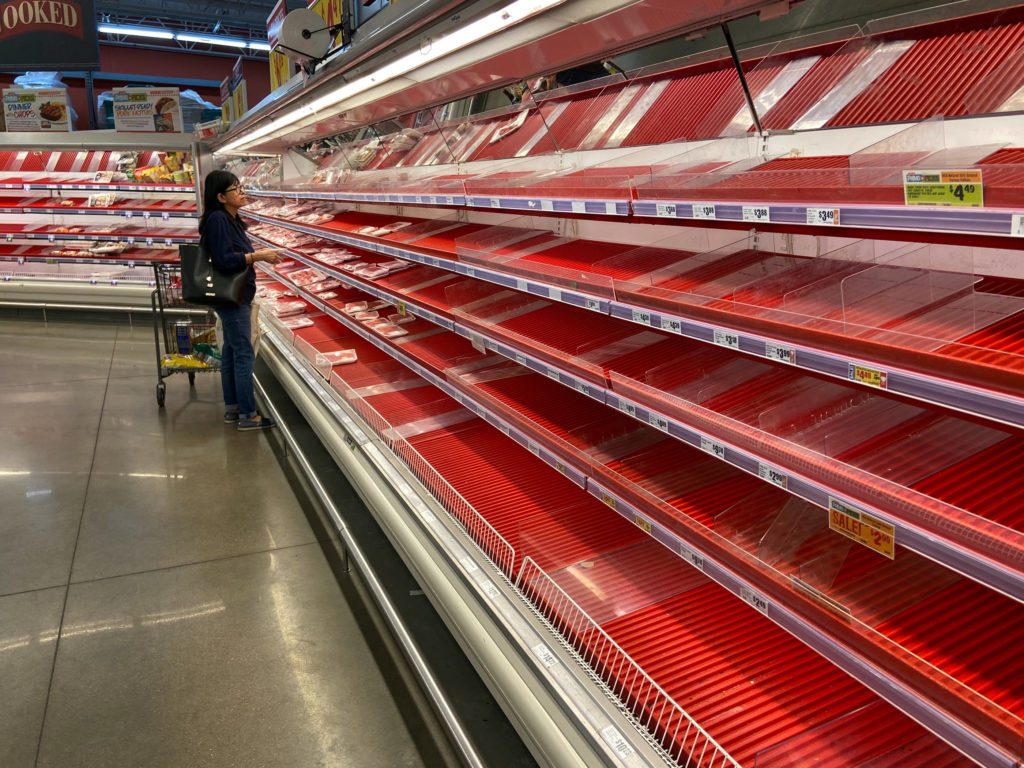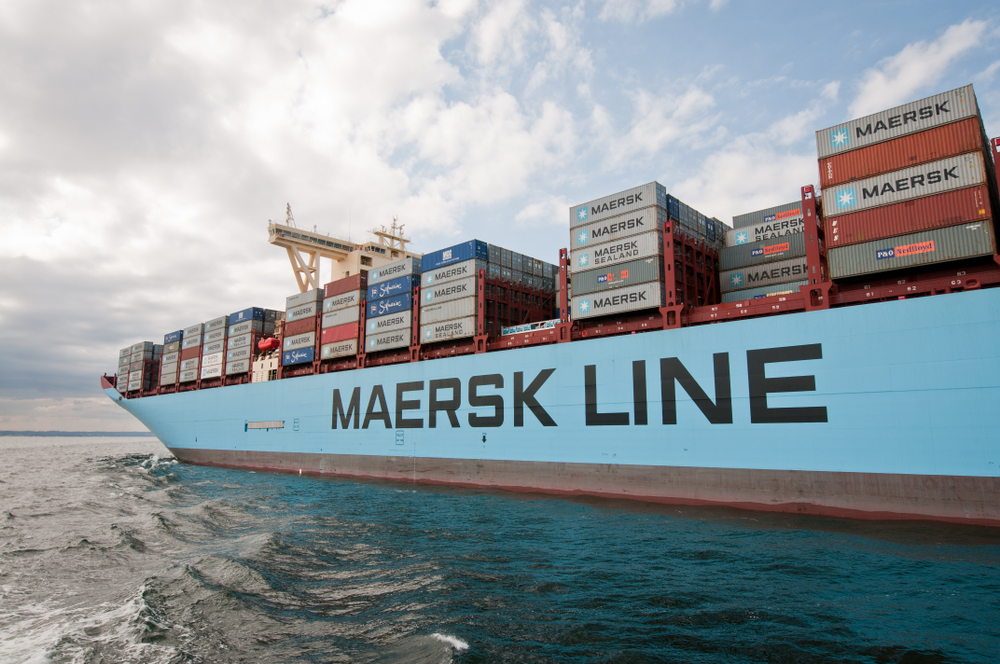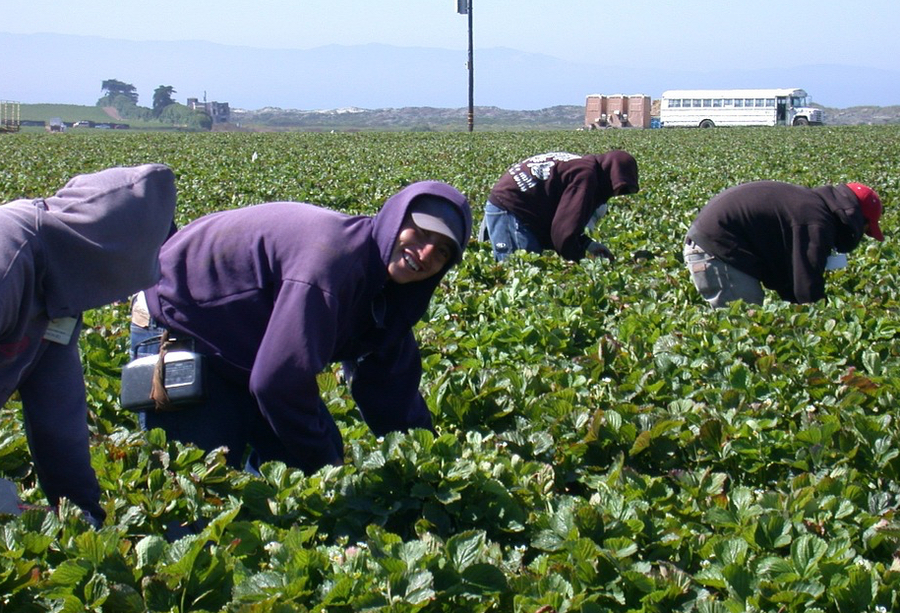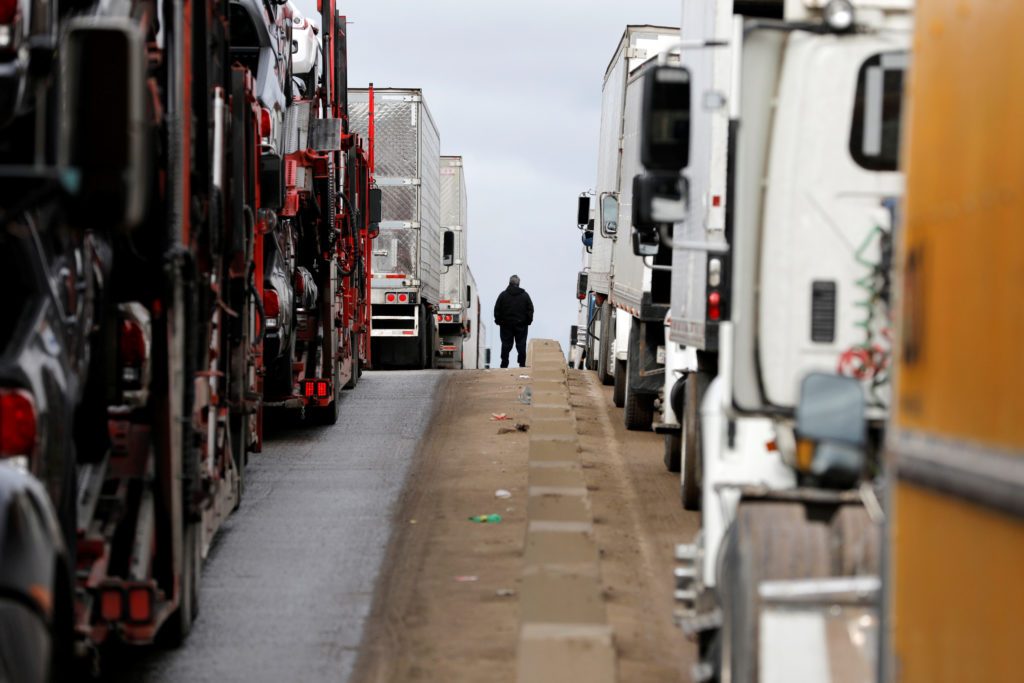As the coronavirus continues to rage on through most countries, shoppers from the more affluent countries are encountering a novel problem: they cannot buy what they want in their stores. From toilet paper to steak, many people have had trouble purchasing something they needed.
The lack of fresh food is ringing the biggest alarm for many. With governments enforcing tougher quarantine measures, people are finding themselves cooking in the kitchen more often than usual. To those wondering why the shelves are empty, here are a few reasons.
First, there are logistical issues. To prevent rapid prevention of the coronavirus, many countries are restricting airplanes and ships from entering or exiting their borders. In a globalized food supply chain, even one minor delay could snowball into shortages in various corners of the world.
Furthermore, some countries outright banned exporting agricultural commodities. For example, earlier last month, Kazakhstan placed a temporary ban on many of its crops. This proved troublesome as Kazakhstan was the 10th largest exporter of wheat in 2018, accounting for more than 2% of the global commodity.
Global shipping has been affected as much as airlines. This has proven especially challenging for food suppliers as most of our food is transported via ships.
The inflexible nature of maritime transports also contributes this issue. Port entry laws are extremely complicated and varies from country to country. This makes it hard for operators to adjust as the situation unveils.
Second, there are issues with labor. Simply put, not enough people are working to produce and transport the crops. A reduced supply naturally leads to increased price as well. This means that not everybody may be able to purchase what they need.
This issue is most prevalent in Europe, where most of the farming work was done by migrant workers. For example, 99% of seasonal workers were migrant workers. Employers are having difficulty finding people who can work in the high seasons.
Finally, many supermarkets did not operate withstand large-scale panic buying in mind. To satisfy consumers who want fresh produce, supermarkets only stored a little surplus. In general, this amounted to about 1 to 3 weeks extra ration.
With everyone rushing to buy large bulks of food, supermarkets simply do not have enough in stock for everyone. With slowed down border inspections and overworked truckers, getting the food to our doorsteps is proving to be a challenge.
So those were the three potential reasons why the shelves in your grocery store are empty. How is the situation in your neighborhood? Share with us your situation in the comments, and be sure to like and follow us on Facebook for more updates.
Replaced!


